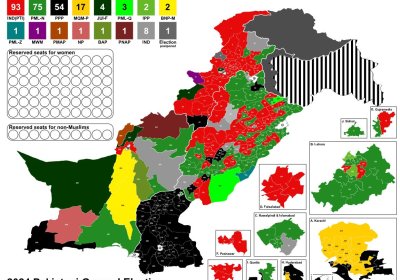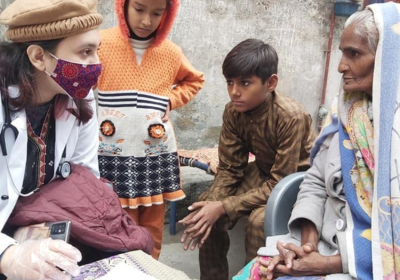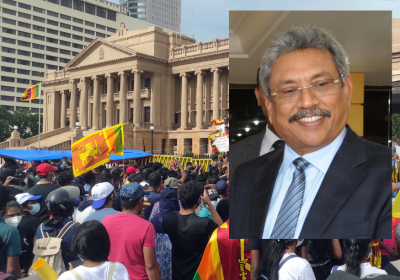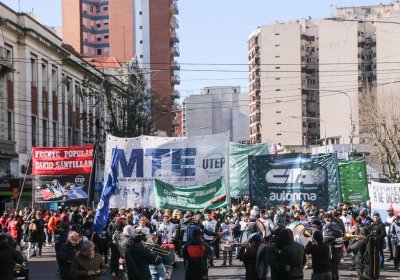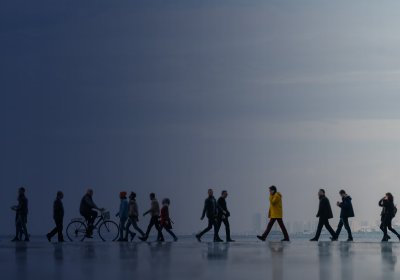Despite winning a majority in Sri Lanka’s parliament, the National Peoples Power government is struggling to gain momentum on the deep structural reforms required to guarantee people’s economic wellbeing, protect the environment and fend off attempts by the far right to capitalise on discontent, writes Janaka Biyanwila.
International Monetary Fund (IMF)
Mirroring the dynamics of colonial-era plunder, international trade involves a systematic transfer of wealth and labour from the Global South to the Global North. Ben Radford reports.
Thousands of small farmers, landless peasants and agricultural workerscame from across Pakistan on October 6 to demand a minimum support price for their produce and an end to corporate farming and land grabs, reports Susan Price.
Sri Lanka’s presidential elections represent a historic change in representative politics and mark a new beginning, with many challenges for progressive forces, reports Janaka Biyanwila.
As the climate emergency and extinction crises deepen, there is no choice but to struggle to democratise the economy so that it can be made to serve social needs and ecological sustainability. Peter Boyle reports.
Pakistan’s February 8 general elections resulted in a split vote, with no party securing a clear national majority, writes Farooq Tariq, offering little hope for positive change, as the incoming government is poised to fast-track neoliberal policies, privatise state institutions and deepen class exploitation.
The International Monetary Fund approved a larger-than-expected conditional loan — worth US$3 billion — for Pakistan, on July 12, reports Farooq Tariq. But ordinary people will pay the cost.
The IMF has debunked the myth that heightened inflation means workers should accept below-inflation wage rises — real wage cuts. Neville Spencer reports.
The mass movement in Sri Lanka mobilised more than a million people in revolt against the corrupt government of former President Gotabaya Rajapaksa. Susan Price reports.
After nearly two months in self-imposed exile, former President Gotabaya Rajapaksa returned to Sri Lanka on September 3, reports Janaka Biyanwila.
Thousands of people took to the streets across Argentina on August 18 to protest rising living costs and demand the government take action to improve material conditions, reports Ana Zorita.
Capitalism is in crisis and new Labor Treasurer Jim Chalmers has offered little by way of analysis and even less optimism, argues William Briggs.
- Page 1
- Next page





